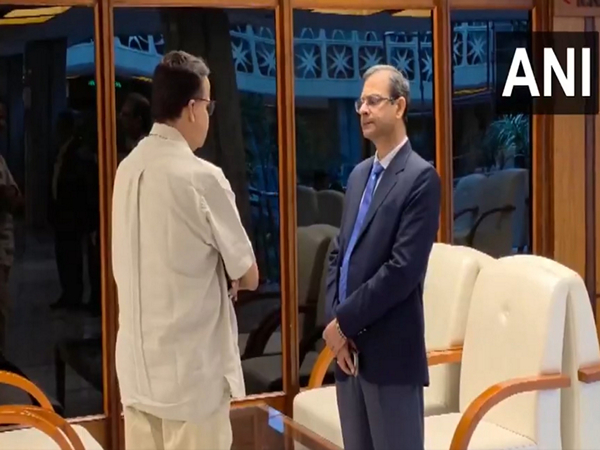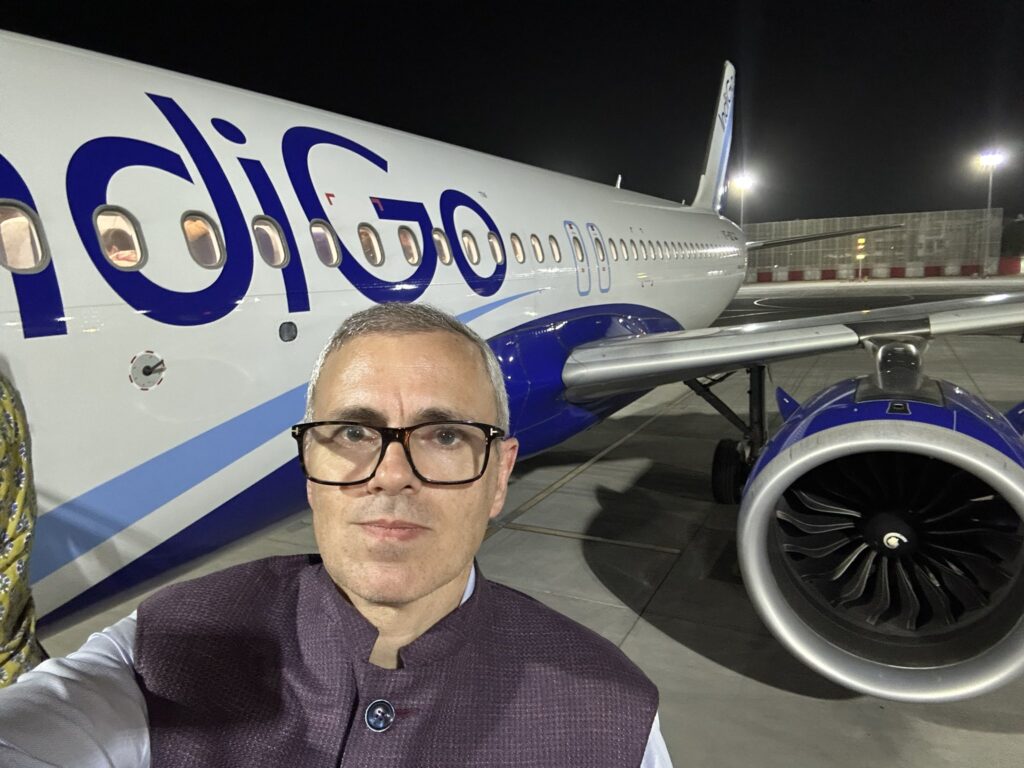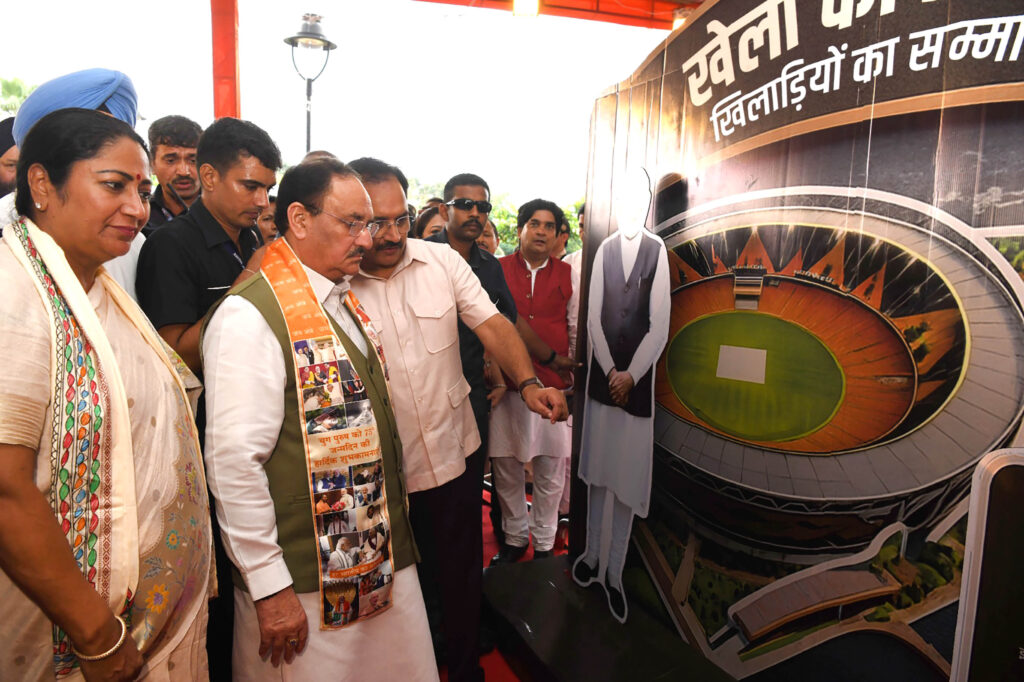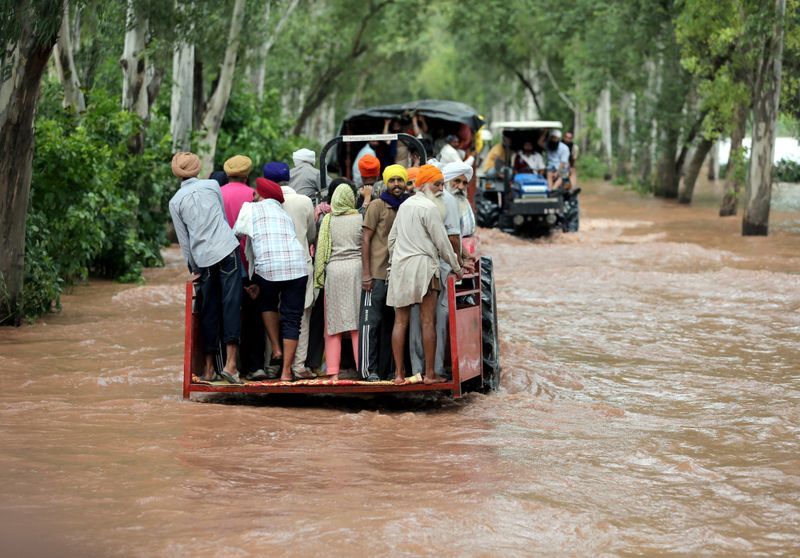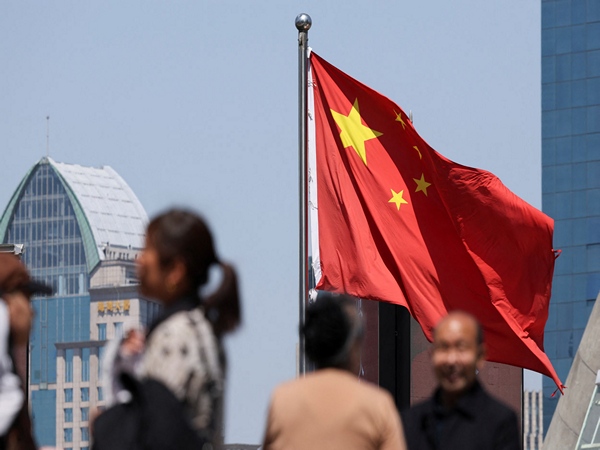
China’s ASEAN Nuclear Pact: A New Dawn in Southeast Asia?
China’s surprise agreement to sign the ASEAN Treaty of Southeast Asia Nuclear Weapon-Free Zone (SEANWFZ) has sent ripples through the region. The move, announced at the Kuala Lumpur summit on July 10, 2025, comes amidst heightened geopolitical tensions.
The summit saw high-profile attendees, including US Senator Marco Rubio and Russian Foreign Minister Sergey Lavrov. Their presence underscores ASEAN’s delicate balancing act between major global powers.
The treaty’s signing is a significant diplomatic achievement for ASEAN, potentially fostering greater regional stability. However, the shadow of US trade policies continues to loom large.
Al Jazeera’s reporting highlights growing international criticism of the US’s trade practices. This adds another layer of complexity to the already intricate geopolitical landscape of Southeast Asia.
This development holds significant implications for India’s own strategic partnerships in the region. New Delhi must carefully assess how this shift in the regional power dynamics will affect its engagement with both ASEAN and the major global players.



